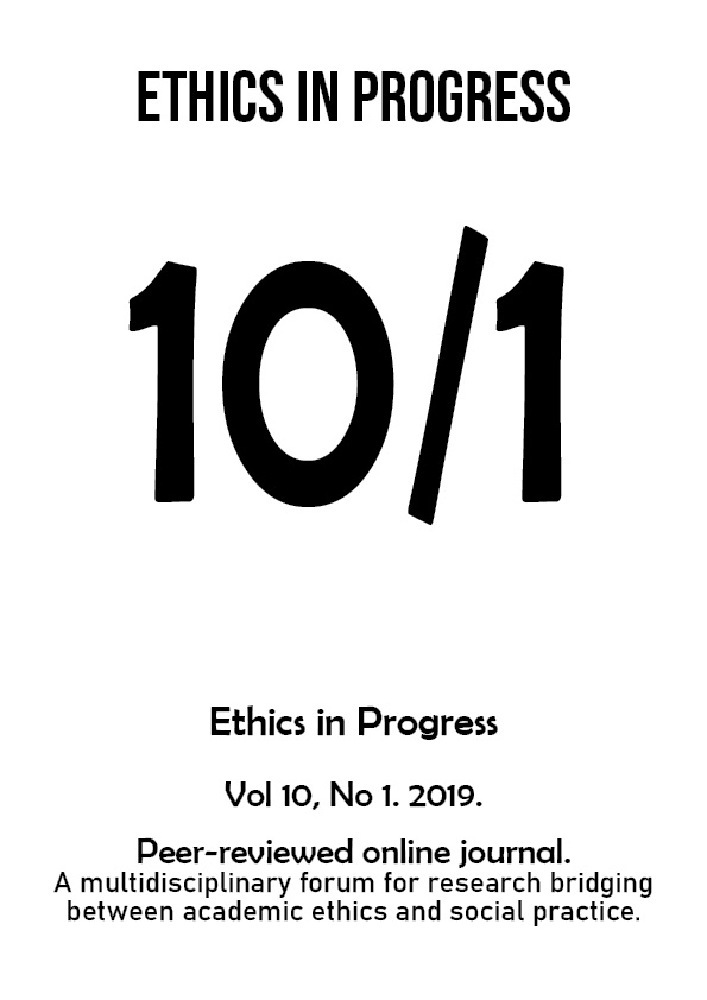Abstract
Can we say we live in a post-digital condition? It depends. This paper sets out to distinguish between the current mass digital culture and an authentic post-digital culture.
If we mean “post-digital” as the full internalization and awareness of the result of the so-called digital revolution, then it is necessary a philosophical work to discuss related problems, identify the causes and propose solutions.
An authentic philosophy of digital will, however, have to start from a clarification of the terms and basic objects of its investigation. Here media theory is inserted as an analytical tool: the purpose of this essay is to outline a road map for a good media theory that interfaces with questions of definition of digital, also in light of the notions of space, time, and matter. As will be seen, the description given here for a “good media theory” does, in fact, coincide with an already existing – and inserted in the contemporary debate – school. In conclusion we will try to delineate the field of philosophical inquiry opened by the clarification brought by the previous analysis, and to suggest a general framework within which philosophy will have to move in order to finally reach the authentic post-digital condition.
References
Andersen C. U., Cox G., & Papadopoulos G. 2014. “Editorial” in APRJA Post-Digital Research 3(1).
Aristotle. 1936. Physics, ed. by W. D. Ross. Oxford: Oxford University Press.
Dover C. 2014. “What Is “Time-Based Media”?: A Q&A with Guggenheim Conservator Joanna Phillips,” The Guggenheim Museums and Foundation Web Page, last modified 4 March, 2019, accessed 29 March, 2019, https://www.guggenheim.org/blogs/checklist/what-is-time-based-media-a-q-and-a-with-guggenheim-conservator-joanna-phillips
Ernst W. 2004. Medienwissen(schaft) zeitkritisch. Ein Programm aus der Sophienstraße. Berlin: Humboldt Universität.
Ernst W. 2015. “Posting” Digital Presence. A Micro-Temporal Regime.” Keynote Lecture at BFX Academic Conference Analogue to Post-Digital, Bournemouth University, September 25th-26th 2015.
Ernst W. 2017. The Delayed Present: Media-Induced Tempor(e)alities & Techno-traumatic Irritations of “the Contemporary”. Berlin: Sternberg Press.
Ernst W. 2018. “Radical Media Archaeology (Its Epistemology, Aesthetics and Case Studies).” Artnodes 21:35-43.
Husserl E. 1991. On the Phenomenology of the Consciousness of Internal Time. Trans. J. B. Brough. Dordrecht – Boston – London: Kluwer Academic Publishers.
Kittler F. A. 1995. “There Is No Software.” CTheory 10/18/1995.
Kittler F. A. 1999. Gramophone, Film, Typewriter. Trans. by G. Winthrop-Young & M. Wutz. Stanford: Stanford University Press.
Leibniz G. W. & Clarke S. 2000. Correspondence, ed. by R. Ariew. Indianapolis – Cambridge: Hackett.
Marra C. 2006. L’immagine infedele. La falsa rivoluzione della fotografia digitale. Milano: Bruno Mondadori.
McLuhan M. & McLuhan E. 1988. Laws of Media. The New Science. Toronto: University of Toronto Press.
Negroponte N. 1995. Being Digital. Toronto – New York: Random House.
Ong W. J. 2012. Orality and Literacy: The Technologizing of the World (30th Anniversary Edition). New York: Routledge.
Shannon C. E. 1964. “A Symbolic Analysis of Relay and Switching Circuits.” Transactions American Institute of Electrical Engineers 57(1938).
Shannon C. E. & Weaver W. 1964. The Mathematical Theory of Communication. Urbana: The University of Illinois Press.
Simondon G. 2012. Du mode d’existence des objets techniques. Paris: Aubier.
Striano F. 2018. „Fenomenologia del cyber-stupro. Note ontologico-filosofiche sulla violenza informaticamente mediata.” Lessico di Etica Pubblica 1/2018:92-106.





